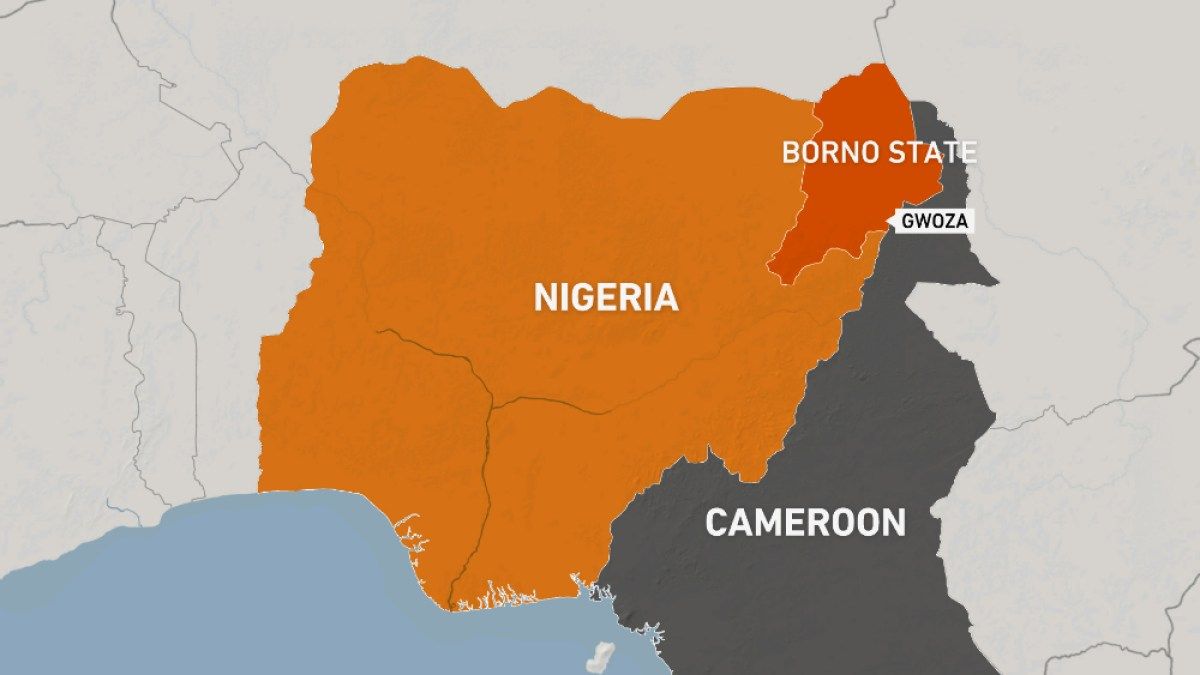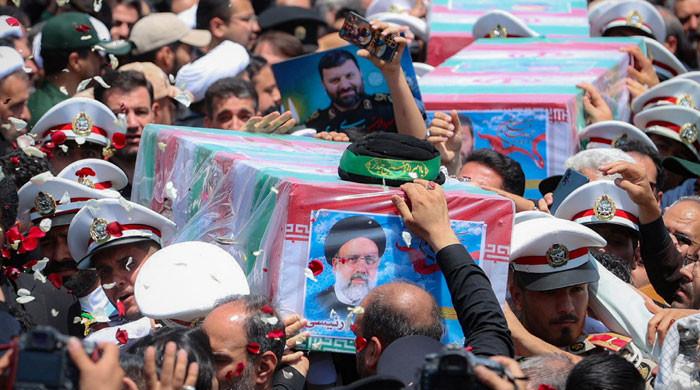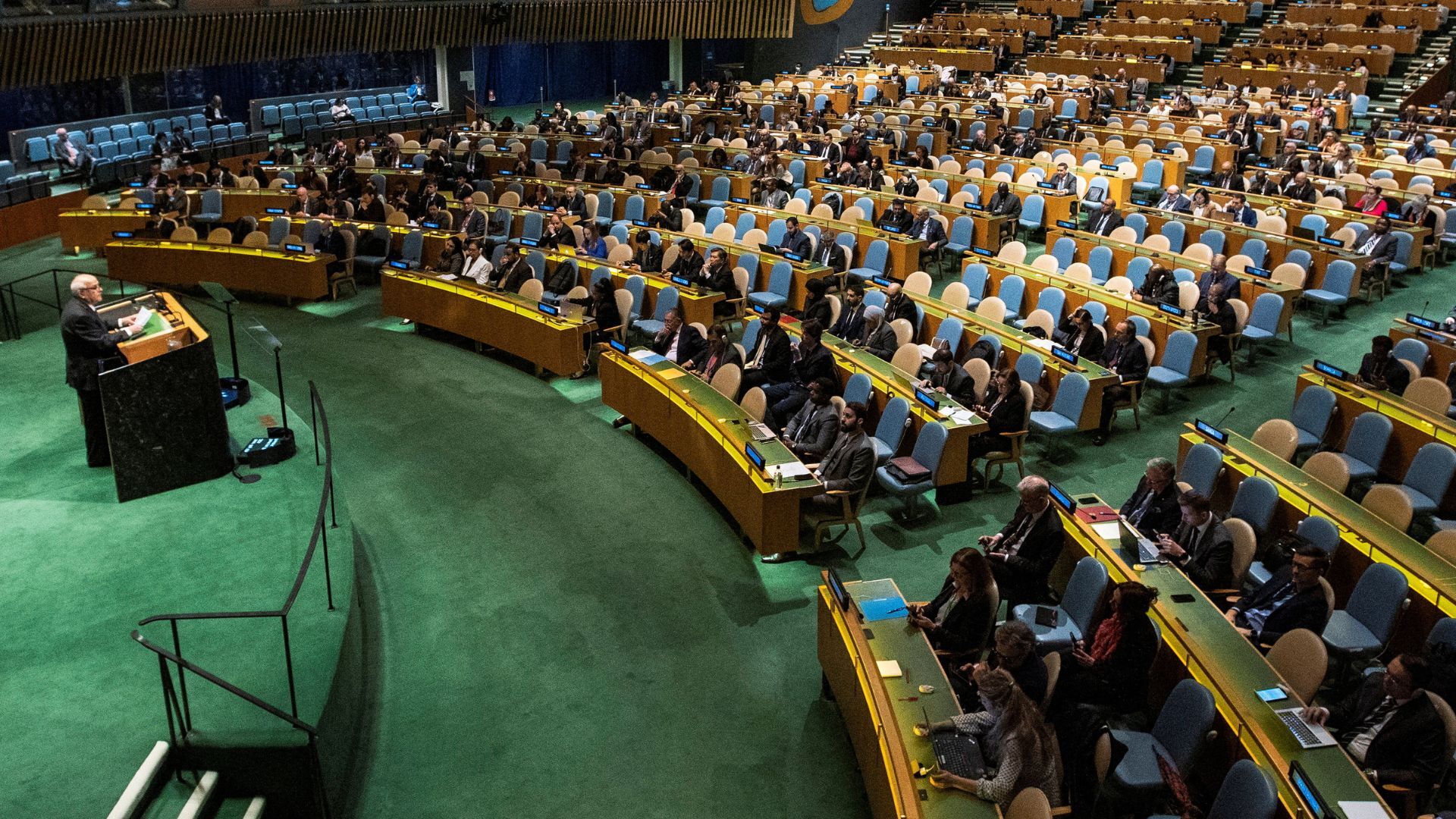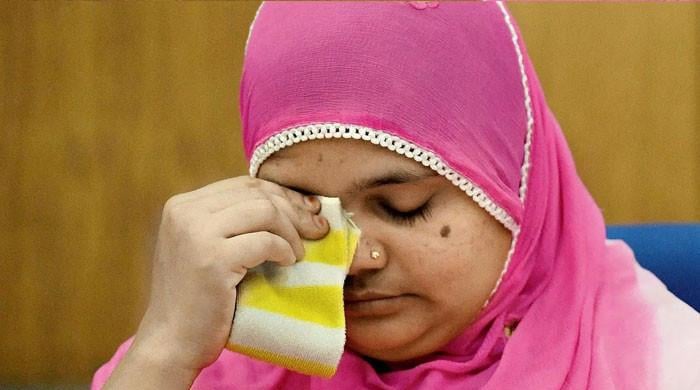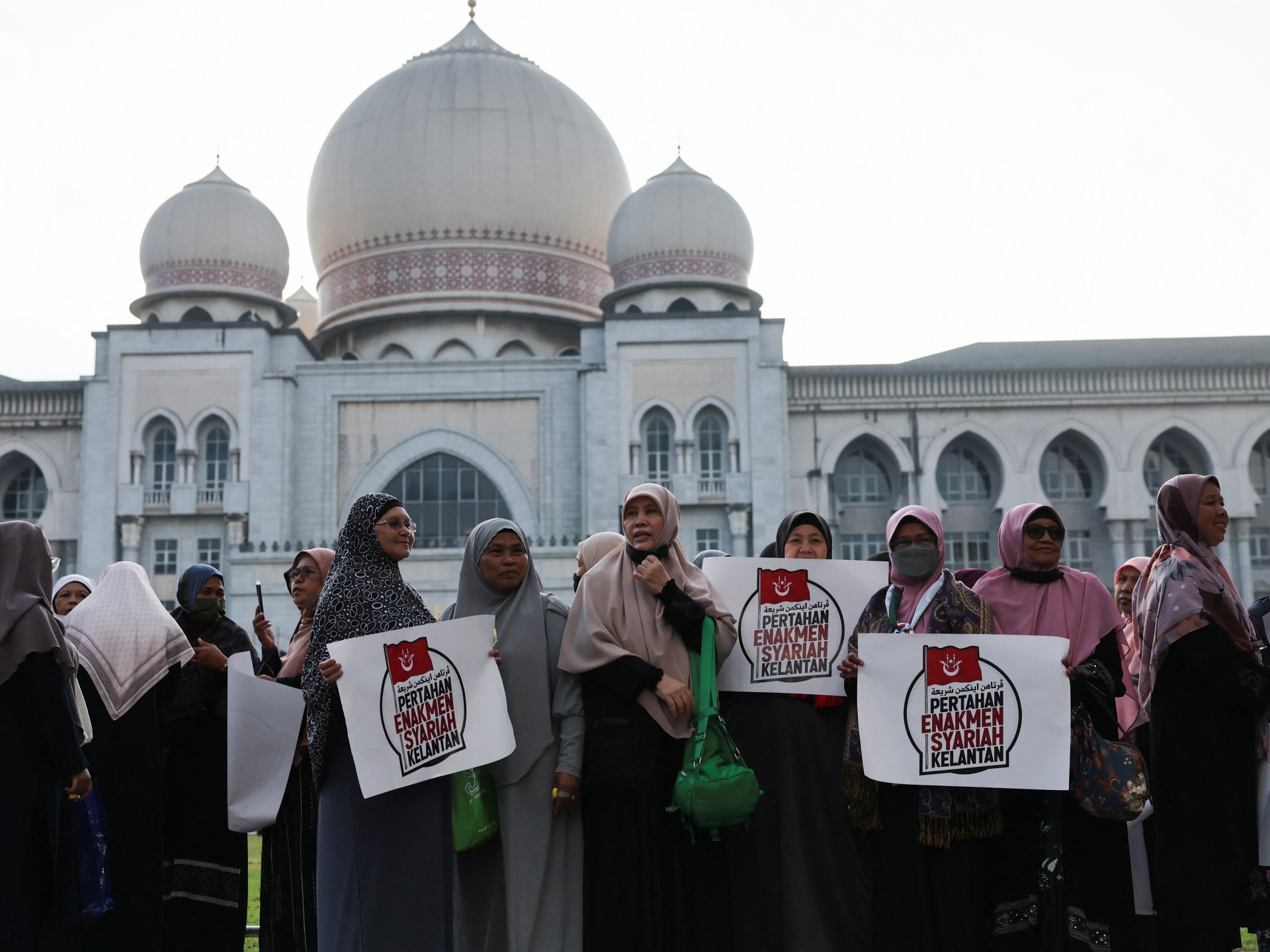Suspected suicide bombers target a wedding, funeral and hospital in the restive Borno region.
At least 18 people were killed and dozens injured after a series of explosions by suspected female suicide bombers targeted a wedding, a hospital and a funeral in Nigeria's northeastern Borno state.
Three explosions occurred on Saturday in the town of Gwoza, located across the border from Cameroon, Borno state police spokesman Nahum Kenneth Daso said on Sunday.
In one of the attacks, which took place around 3:45 p.m. (1445 GMT), a woman carrying a baby on her back “detonated an improvised explosive device (IED) she was carrying in a crowded parking lot,” Daso said.
Suicide bombers also reportedly attacked a hospital in the same town. Another attack was later carried out at the funeral of the wedding blast victims, officials said.
“So far, 18 deaths have been recorded among children, men, women and pregnant women,” the agency's director, Barkindo Saidu, said in a report.
Nineteen “seriously injured” people were taken to the regional capital, Maiduguri, while 23 others were awaiting evacuation.
A member of a militia helping the army in Gwoza said two of his colleagues and a soldier were also killed in another attack on a security post. However, authorities did not immediately confirm the deaths.
No group has yet claimed responsibility for the attacks.
Borno, a vast swathe of rural interior the size of Ireland, has been scarred by 15 years of violence that has killed thousands of people and displaced millions more.
Although the Nigerian military has degraded the capabilities of armed groups, they still carry out lethal attacks against civilians and security targets.
In 2019, 30 people lost their lives in a triple suicide attack in the region, marking the deadliest mass murder by suicide bombers in the region that year.
Boko Haram and its splinter group, the Islamic State in West Africa Province (ISWAP), are the most active armed groups in Borno.
During the armed rebellion, Boko Haram has repeatedly used young women and girls to carry out suicide attacks. In 2014, he took Gwoza as his fighters took control of swaths of territory in northern Borno.
The city was recaptured by the Nigerian military with the help of Chadian forces in 2015, but the group has continued to launch attacks from the mountains near the city.
The violence has killed more than 40,000 people and displaced about two million in northeastern Nigeria.
The conflict has spread to neighbouring Niger, Cameroon and Chad, prompting the formation of a regional military coalition to fight the armed groups.

